
THREAD: inflation woes how rising costs...
LifeLine™ Media threads use our sophisticated algorithms to construct a thread around any topic you want, providing you with a detailed timeline, analysis, and related articles.
News Timeline

POWELL’S Recession Warning Shocks Americans: Fed’s Tough Moves Could Hurt Families
— Federal Reserve Chair Jerome Powell gave a blunt warning on Wednesday: If inflation isn’t stopped soon, the U.S. could slip into a recession. Powell said, “Aggressive interest rate hikes are necessary,” with inflation now at 6.8%—way above the Fed’s 2% goal. He admitted these steps could slow down the economy and might even cause it to shrink if not handled right.
The Fed has already raised rates three times this year and more hikes are likely coming soon. Prices keep rising because of supply chain problems, high energy costs, and strong consumer spending. Wall Street felt the impact fast — stocks dropped, especially in tech and retail, while bond yields jumped as investors braced for tougher times ahead.
Powell urged patience but warned that doing nothing would be worse: stubborn inflation and higher unemployment could stick around for years if action isn’t taken now. Experts disagree on whether these moves will cool prices or push America into a slump later this year or next year.
This warning is a turning point for U.S. economic policy and puts real pressure on leaders to get it right — fight inflation without causing a recession that would hit families, workers, and businesses across the country hard.
PENNY SCRAP Shock: Treasury’s Stunning Move Ignites Outrage
— The U.S. Treasury’s plan to scrap the penny has left many Americans angry and worried. People see it as another example of government overreach into daily life. Critics warn that getting rid of the penny could lead to higher prices and make people trust the federal government even less.
Over in the UK, a new crackdown on immigration by the Prime Minister is causing a storm of protests. The policy is meant to tighten border security, but activists and opposition groups are pushing back hard. Supporters say strong borders are key for safety and keeping the economy stable.
At the same time, a court ruling has blocked Britain from handing over the Chagos Islands, sparking heated debate in Parliament. Some believe this delay stops a political move that could hurt British interests abroad. Conservatives stress that defending British land must always come first for any leader.
No other major political news broke on May 22, 2025 besides these top stories making waves in both America and Britain today.;

NEW DUTY Shock: Retail Prices to Skyrocket, Consumers Worried
— Retailers are raising concerns about a looming price surge. A new 25% duty on exports from Mexico and Canada is set to increase costs. This change could lead to higher prices for shoppers almost immediately.
The duty affects a wide range of goods, impacting everyday items. Retailers warn this could disrupt supply chains and limit product availability. Shoppers should brace for potential price hikes at local stores.
Efforts to ease these effects are underway, but challenges remain tough. Businesses might need new strategies to handle rising costs. The economic impact of this policy change deserves close attention from policymakers and the public alike.
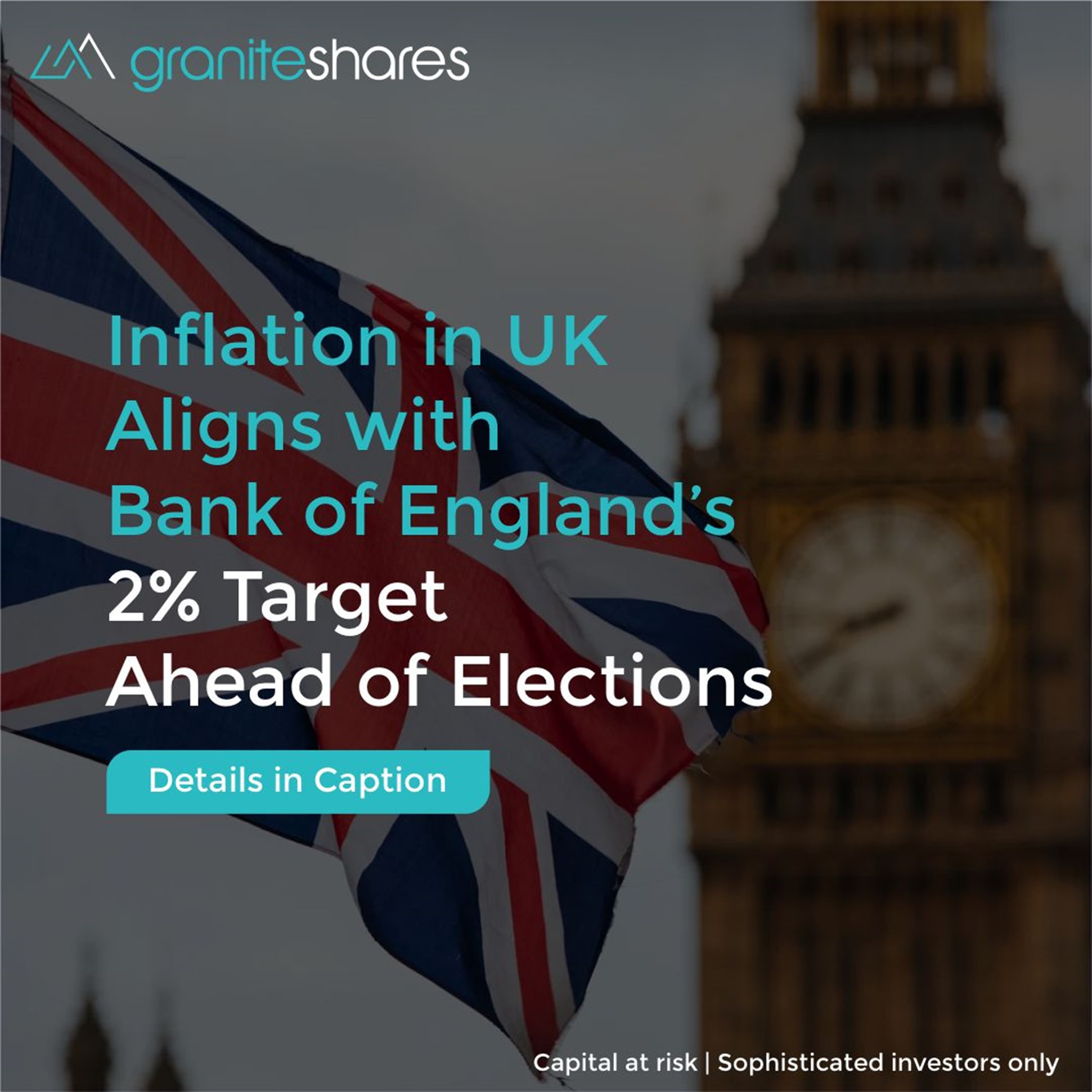
UK INFLATION SURGE: What It Means for Your Wallet
— The United Kingdom is facing a jump in inflation, hitting a 10-month high. This spike raises concerns for the Bank of England as it works to maintain economic stability. The increase could impact future monetary policies and interest rates.
BRITISH MUSICIANS SILENCE AI with BOLD Protest
British musicians are making a statement against artificial intelligence by releasing a silent album. They oppose AI using their work without permission. This protest highlights growing tensions between artists and tech companies over intellectual property rights.
UK HALTS RWANDA AID Amid CONGO Violence Concerns
The UK has stopped some financial aid to Rwanda due to violence in eastern Congo. This decision reflects worries about regional stability and human rights issues, showing the UK’s cautious approach to foreign aid during geopolitical tensions.
Iran has accused a detained British couple of spying, increasing diplomatic tension between the two nations. This claim could complicate already strained relations and affect future diplomatic talks as both countries handle this sensitive issue carefully.

INSOLVENCIES SURGE: Businesses Face Economic Pressures in England and Wales
— Insolvencies in England and Wales have jumped from December 2024 to January 2025. Law firm Fladgate LLP reports a significant rise in administrations. The economic climate is tough for businesses, especially in retail, which already struggles with slim profit margins. The upcoming Spring Budget might introduce tax hikes that could further pressure businesses and consumer spending.
ANGLO AMERICAN’s $500 Million NICKEL Sale Marks Strategic SHIFT
Anglo American has sold its nickel business for $500 million as part of a strategic shift to focus on copper and iron. This sale follows the disposal of its steelmaking coal business, bringing total asset sales to about $5.3 billion. CEO Duncan Wanblad highlighted that these moves are meant to streamline the company’s portfolio and boost value.
COLORADO BILL DEMANDS Climate Transparency from Businesses
Colorado will require businesses to disclose their greenhouse gas emissions starting in 2028, aligning with similar efforts by other states. This legislation responds to past criticisms about inconsistent sustainability reporting practices across industries. The goal is more transparency and accountability regarding environmental impacts from companies within the state.
The IRS plans major layoffs during tax season due to budget cuts initiated by the Trump administration, which may affect its
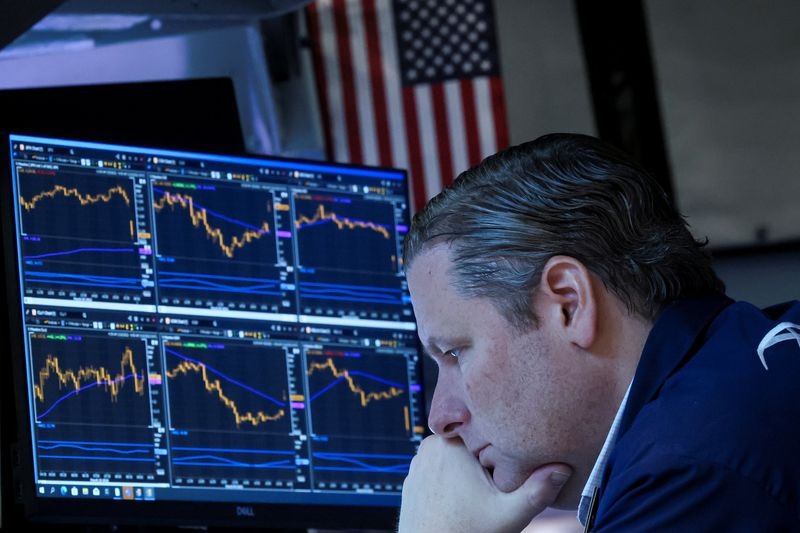
STOCK MARKET Chaos: Inflation Fears Shake Investor Confidence
— The U.S. STOCK market took a big hit today, with major indexes dropping over 3% due to rising inflation fears. Investors worry about possible Federal Reserve policy changes after high inflation numbers came out earlier this week. This is one of the steepest drops in months, shaking confidence that had been boosted by strong job reports.
Bond yields are up, with the 10-year Treasury bond yield hitting about 4.1%, its highest since late 2023, signaling increased inflation expectations. Big tech stocks like Apple and Microsoft saw sell-offs over 5%, adding to the market slump. Analysts warn that ongoing inflation might push the Federal Reserve to rethink interest rate policies, possibly leading to more hikes instead of cuts.
The decline comes after a strong holiday shopping season that initially suggested steady economic growth but is now overshadowed by ongoing inflation problems. Retail and consumer sectors face rising costs and reduced spending, making investors cautious in these areas. Companies like Walmart and Target report higher holiday sales but shrinking profit margins due to inflation pressures, prompting them to rethink annual forecasts.
Banks like JPMorgan are bracing for possible loan defaults as consumers struggle with higher living costs by setting aside more reserves. Market analysts expect continued volatility as investors digest new inflation data and Fed policy implications.;

— US dockworkers threaten STRIKE over automation concerns Unions representing thousands of dockworkers warn that increased automation could displace jobs, raising fears of cargo shipment disruptions and potential inflation impacts

ECONOMISTS SOUND Alarm: 2025 Financial Crisis Looms
— Economists are raising alarms about a potential financial crisis in 2025. David Kelly from JPMorgan warns that high stock market valuations pose a significant risk despite strong economic indicators like low layoffs and cooling inflation. Investors should be cautious as these inflated values could lead to a sudden market downturn.
Current economic signs show paychecks growing faster than prices, and stable gas prices offer optimism for Americans. However, the high asset valuations remain a critical concern for analysts. They suggest preparing for increased market volatility throughout 2025, with a crisis potentially emerging early in the year.
These warnings have led to cautious trading, especially in tech stocks that previously drove gains. Traders are balancing concern with optimism, causing fluctuating stock prices in early sessions.
This situation may prompt investors to reassess their portfolios and strategies as they navigate potential shifts due to changing market conditions. The economic concerns highlighted could significantly influence investor behavior and market dynamics moving forward.

— Dow Drops 300 Points as Rate Concerns Weigh on Post-Election Rally The Dow Jones Industrial Average fell 300 points on Friday, stifling momentum from the recent election amid ongoing worries about rising interest rates
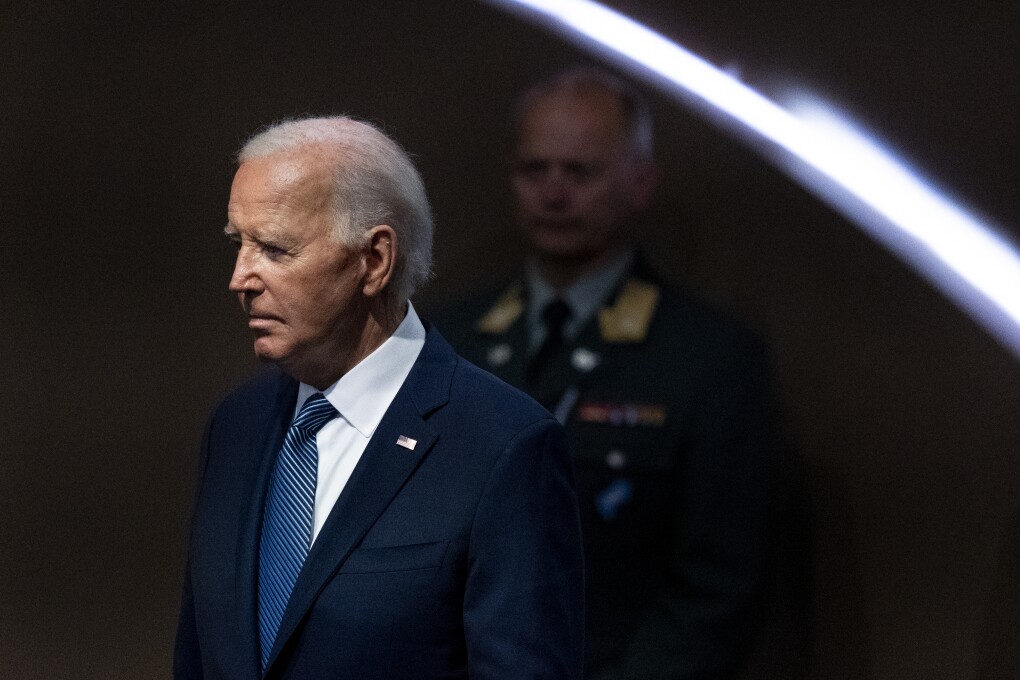
— Biden’s Re-election Campaign Faces Mounting Challenges as Troubles Escalate

— Federal Reserve Chair Powell Warns Against Prolonged High Rates Impact on Economic Growth: Powell cautions that maintaining high interest rates for an extended period could pose a threat to economic expansion

— S&P 500 and Nasdaq Reach Record Highs Before Inflation Data Release and Q2 Earnings Reports The S&P 500 and Nasdaq indices achieve all-time highs as investors anticipate upcoming inflation data and second-quarter earnings announcements

UK Inflation DEFIES Predictions, STAYS at 67%: What’s Next for the Economy?
— The UK’s inflation rate held steady at 6.7% in September, flying in the face of economists’ predictions for a slight decrease. The Office for National Statistics highlighted that while food and drink prices dipped, they were counterbalanced by an uptick in fuel costs.
This persistent inflation rate is more than triple the Bank of England’s target of 2%. Despite this, it is not expected that the bank will hike interest rates during its November policy meeting. Instead, it seems set to keep its main borrowing rate at a peak not seen in 15 years — a hefty 5.25%.
James Smith from the Resolution Foundation think tank offered his perspective on this economic puzzle: “For now, progress on reducing inflation has hit a roadblock.” He anticipates a significant drop to below 5% next month as energy prices are projected to fall for most consumers.
In response to price surges triggered by pandemic-induced supply chain disruptions and Russia’s invasion of Ukraine — both factors contributing heavily to increased food and energy costs — the Bank of England has been steadily cranking up interest rates from near zero levels.

Video
GLOBAL ELECTIONS Shock: What’s at Stake for Iran, Britain, and France
— Over the next week, voters in countries like Iran, Britain, and France will head to the polls. These elections come at a critical time with global tensions high and public concerns over jobs, climate change, and inflation.
In Iran, Supreme Leader Ayatollah Ali Khamenei seeks a successor for President Ebrahim Raisi following his recent death. Candidates include hard-liners Saeed Jalili and Mohammad Bagher Qalibaf as well as reformist Masoud Pezeshkian.
These elections could significantly impact global politics amid ongoing wars in Europe, the Middle East, and Africa. The outcomes may reorient international relations during this period of mutual suspicion among major powers.


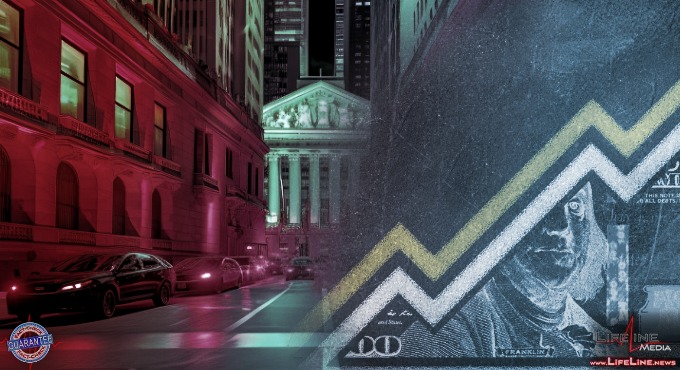
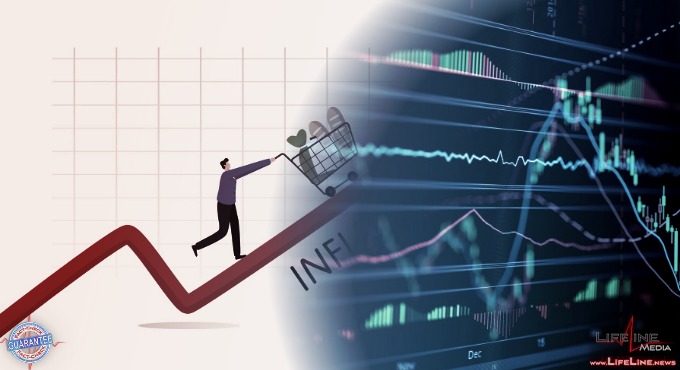

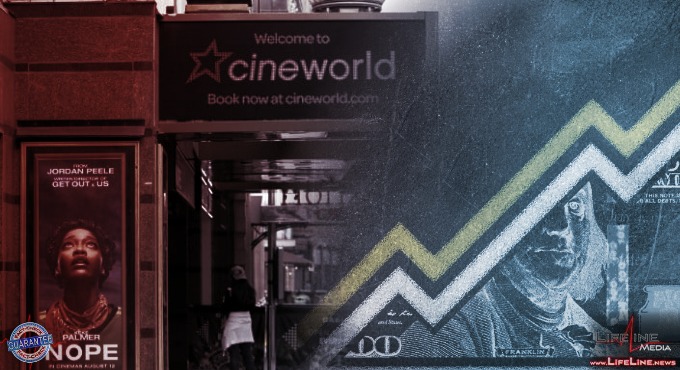
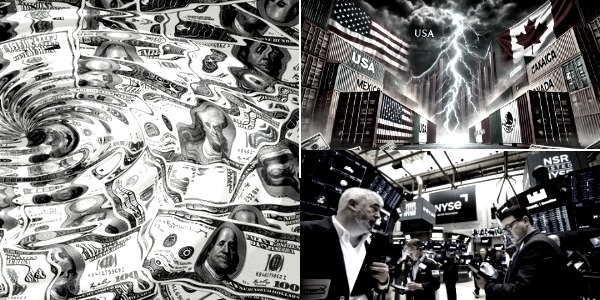
Social Chatter
What the World is SayingJust 100 days in, President Trump’s economic policy is driving down inflation, gas, and grocery costs, while jobs boom, investments pour in, and America First proves it’s not just a slogan...
. . .Oil prices are down, interest rates are down (the slow moving Fed should cut rates!), food prices are down, there is NO INFLATION, and the long time abused USA is bringing in Billions of Dollars...
. . .Oil prices are down, interest rates are down (the slow moving Fed should cut rates!), food prices are down, there is NO INFLATION, and the long time abused USA is bringing in Billions of Dollars...
. . .Oil prices are down, interest rates are down (the slow moving Fed should cut rates!), food prices are down, there is NO INFLATION, and the long time abused USA is bringing in Billions of Dollars...
. . .Oil prices are down, interest rates are down (the slow moving Fed should cut rates!), food prices are down, there is NO INFLATION, and the long time abused USA is bringing in Billions of Dollars...
. . .